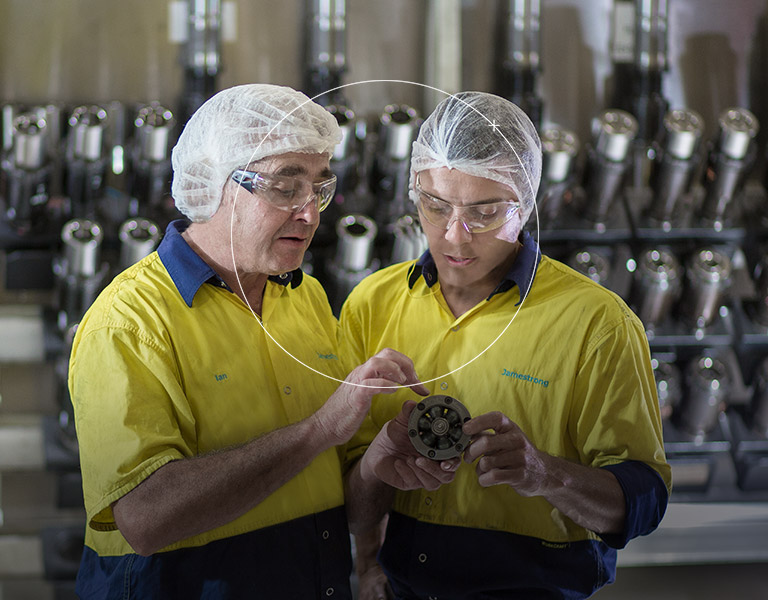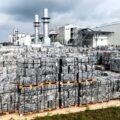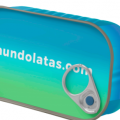Jamestrong, the Australian manufacturer of metal cans for major brands in the country as well as internationally, and UNSW’s SMaRT Centre are developing a project that the organizations say would revolutionize aluminum manufacturing and recycling in Australia, thanks to an agreement signed between the two institutions.
The agreement will enable Jamestrong to catapult itself as one of the world’s leading producers of aluminum aerosol cans. The company not only manufactures aerosol cans from recycled content, but also from waste that is not currently recycled because it contains mixed materials, including plastics.
Jamestrong CEO Alex Commins said the company was excited to be at the forefront of recycling initiatives in the metal packaging sector, creating a more sustainable future for Jamestrong and its customers. In addition, he reiterated that the Green Aluminium MICROfactorie™ partnership will help boost local employment at the plant and pave the way for continued progress in sustainable packaging globally.
“With UNSW SMaRT Centre we are advancing our aluminum casting line capabilities in the existing footprint of our Taree plant, which will relocate the aluminum manufacturing process we currently import from Thailand. The UNSW SMaRT Centre partnership will mean that recycled aluminum will be introduced into Jamestrong’s aerosol can production process, and those produced on the new casting line will be used in the plant’s extrusion process to manufacture over 100 million aerosol cans per year.”The Australian company added.
Professor Veena Sahajwalla, director of UNSW’s SMaRT Center, said the partnership with Jamestrong had the potential to transform the use and reuse of aluminum by aligning recycling and manufacturing of mixed waste content that is currently not subject to traditional recycling processes.
“Our Green Aluminium MICROfactorie™ technology is capable of recovering aluminum from a range of mixed waste feedstocks, including waste packaging. The innovative recovery of recycled aluminum will be incorporated directly into the manufacturing process producing, with varying degrees of recycled content available depending on production requirements.” Sahajwalla added.
Sahajwalla further reiterated that “every aluminum atom that exists in our society, whether in multilayer form or in any other format, can be regenerated and brought back to life again and again, and that’s what we are doing with Jamestrong here at Taree.”
While an exact date for implementation has not yet been determined, the initial phase of setting up a new aluminum smelting line is expected to be completed by mid-2024.
Once operational, the technologies developed at UNSW’s Sustainable Materials Research and Technology (SMaRT) Center microfactory will be tested at the Jamestrong site, providing a real-time production environment to fully evaluate the recycling processes.










